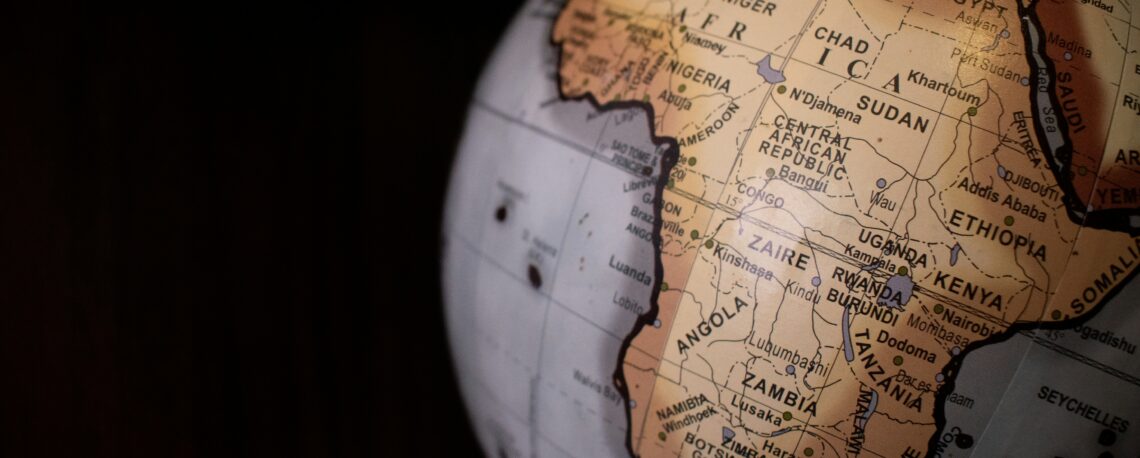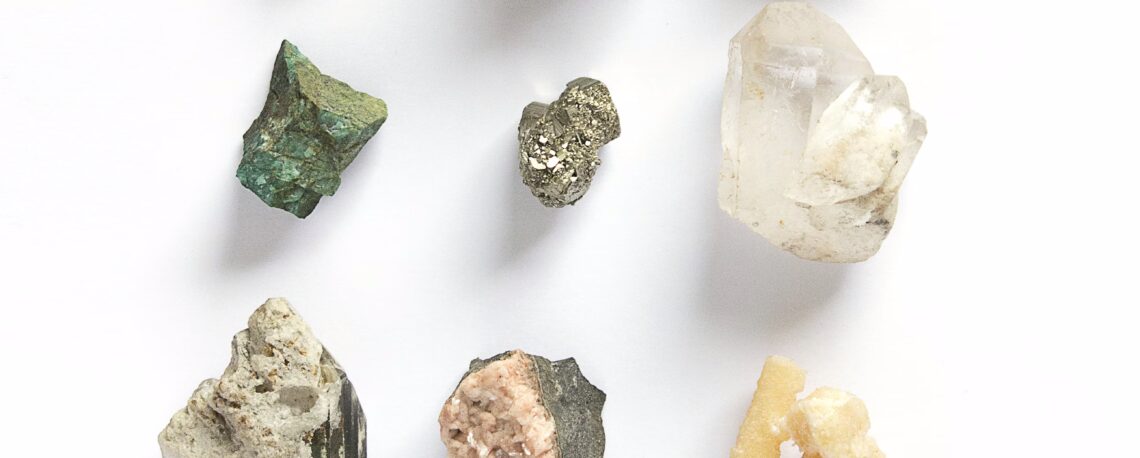Introduction: The crisis that is rooted in tragedy
From 1996 to the present times, the conflict that occurred in eastern DRC led to approximately six million deaths. From 1996 to the present times, the conflict that occurred in eastern DRC led to approximately six million deaths. The DRC's current warring with Rwanda (and others) spirals from the First and Second Congo Wars (Africa's World War). Those wars spiraled from the Rwandan Genocide. The Rwandan Genocide spiraled from the Rwandan Civil War. The Rwandan Civil War spiraled from Germany and Belgium's dividing the Rwandan peoples - classifying the Tutsi as the more affluent minority and the Hutu as the poorer majority of the country.
Background
In 2012, the M23 which stands for the Mouvement du 23 Mars was created as an armed group in Rwanda operating in the DRC due to the grievances of the peace agreement that was signed on March 23, 2009, between the Congolese government and the rebel group before the M23. The failure of the peace agreement happened because of the incomplete integration of the CNDP Fighters, and Rwanda’s support of former CNDP members which was undermining the peace process. The M23 was defeated in 2013, but they rebuilt themselves in 2021, and they are one of the biggest threats to peace in the region.
The Current Situation: A Recent Shift
The conflict continues, and in response to the conflict in the eastern Democratic Republic of the Congo (DRC), President Félix Tshisekedi has announced a major military leadership revision. This tactic addresses growing security challenges to which the M23 rebel group contributed, whose increased activity has resulted in the unlawful activity of key territories such as Katale and Masisi. This has also caused forced mass displacement and exacerbated the humanitarian crisis. Lieutenant-General Jules Banza Mwilambwe has been appointed the new Chief of General Staff, replacing former General Christian Tshiwewe. Senior military leaders operating in the volatile eastern regions have also been replaced. These changes were implemented because Tshisekedi attempted to regain control over the deteriorating security situation as the M23 rebels continued to advance. Even the efforts placed on the conflict are still difficult to resolve. Why? It is due to the minerals located in the region, which are gold, tantalum, cobalt, and coltan, that fuel competition among the armed groups, while external support of M23 continue to complicate the effects of stabilization in conflict. The established method of influencing the decisions and behavior of foreign governments through regional mechanisms, such as the East African Community (EAC) force, has yielded limited results, with accusations that some peacekeeping forces have worked with the M23 rather than try to challenge them. According to the United Nations, M23 and various other armed groups forced more than 520,000 people to flee their homes, and this has exacerbated an already unfortunate security and humanitarian situation in North Kivu and the eastern region.
Impact on the Civil Population:
M23, displaying over 500,000 people, has had a significant impact, making entire communities uprooted and adding to the number of people seeking refugee. Access to basic needs, which are food, water, and medical care, has been hard to obtain. Women and Children are the most affected. In addition, the United Nations reported this rampant gender-based violence, but international attention to the issue still has not been given.
Review of Government and Military Response:
The change in leadership shows the government's acknowledgment of failure to address M23 as a threat. Some critique this change as being a reactive rather than a strategic response. Civil society organizations, such a Fally Ipupa Foundation and IOM , wanted a more complete approach that addresses accountability and development in the regions experiencing these effects. The appropriate measures to address the problem is to develop plans that combat the root of the problem.
Why This Matters: A Call to Action
This crisis is not just a regional issue but a global one. The DRC contains many minerals needed to make technology, however, these minerals are exploited for their technology, which has resulted in violence and suffering. Resolving the conflict is not only for moral reasons but also for regional stability and the global supply chain attached. Human lives are being used to fuel the greed of corporations and exploit the natural resources of Congo.
The global community needs to help resolve the conflict by holding perpetrators accountable, supporting humanitarian responses, and pressuring regional participants like Rwanda to cease supporting any armed groups. Civil Society has shown resilience in the DRC, but more serious organizing needs to be taken to break the cycle of violence and build a future where we can actively see peace flourish.
In conclusion, President Tshisekedi's military change is a step in the right direction. A more holistic approach to defeating the M23 is needed. For instance this approach should redirect the priorities to building peace, justice, and development. We must continue the fight to end violence in the Congo.
Written by Victoria Webb


